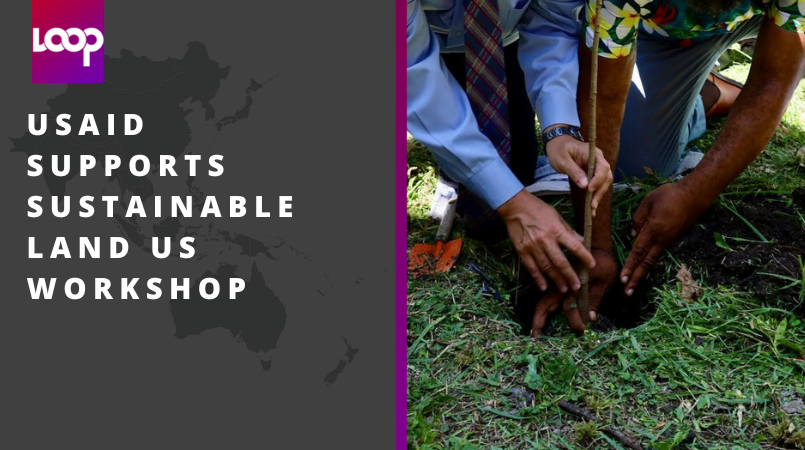
Traditional knowledge, wisdom, and community structures are key to ensuring sustainable planning and land use in Papua New Guinea.
This week, 20 representatives from stakeholders including government departments, and community-based and non-government organizations gathered to share best practices in sustainable land use planning using traditional knowledge, structures, and approaches at the community level.
With the support of USAID’s Papua New Guinea Sustainable Landscapes Program in partnership with FORCERT, the week-long vetting workshop held in Lae, brought together the stakeholders who are leaders and practitioners in environment conservation and community engagements to identify, deliberate, and share the best community-led practices.
Throughout the event, participants engaged in discussions to share their knowledge and insights and suggest actionable items as part of the vetting process for community approach participation in land use and planning. This engagement and lessons learned will support the implementation of the National Sustainable Land Use Policy at the subnational and community level.
Sustainability Advisor for USAID PNG Sustainable Landscapes Program in Environment, Saina Jeffrey emphasized the importance of environmental considerations in community plans and land use activities.
“This meeting provides the opportunity for collaboration, to share experiences and boost our efforts in sustainable planning for our communities. We must ensure development at the community level is well informed by all community stakeholders before implementation,” Jeffrey said.
The program is funded by the United States Agency for International Development and implemented by Palladium. It supports the PNG government’s efforts towards conservation, natural resource management and sustainable land use and reduction of greenhouse gases.
